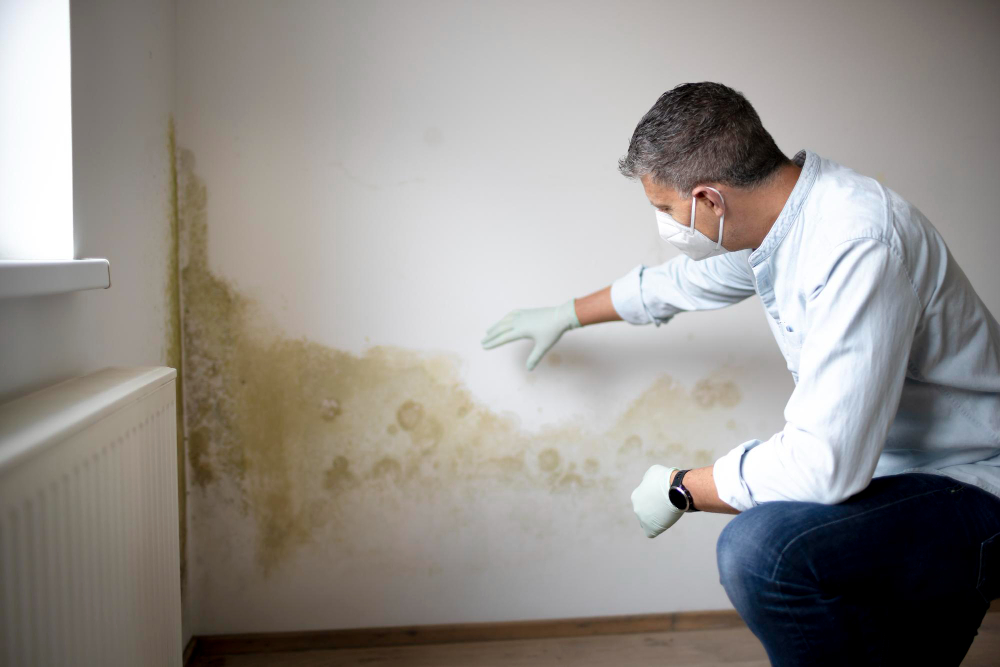 (888) 979-7969
(888) 979-7969
 (888) 979-7969
(888) 979-7969

Mold damage is one of the most common and disruptive problems homeowners face. It doesn't just threaten your property's structure; it also poses serious health risks. When mold damage occurs, filing an insurance claim can feel overwhelming. That's where expertise in claim adjusting can make all the difference.
Whether you’re dealing with water intrusion or hidden mold growth, understanding the best practices for mold damage insurance claims is crucial to maximizing your insurance benefits. If you're searching for a public claims adjuster in Orlando, FL, who can guide you through the process, you've come to the right place.
This article examines the best practices for handling mold damage insurance claims and outlines the key steps homeowners can take to ensure fair compensation from their insurance provider.
Insurance policies often have strict guidelines and coverage limitations when it comes to mold claims. Some policies offer limited or no coverage for mold damage unless the damage is directly linked to a covered peril, such as a burst pipe or flood. Additionally, identifying and documenting mold damage often requires specialized expertise.
Navigating these complexities becomes challenging when dealing with insurance agents or adjusters who may undervalue your claim. That’s why hiring a public claims adjuster in Orlando, FL, is one of the most effective ways to secure a fair settlement.
The first 48 hours after discovering mold are critical. Mold thrives in damp, enclosed spaces, and it spreads rapidly if left untreated. Start by taking these steps to mitigate further damage:
Most insurance policies require homeowners to take reasonable steps to prevent additional damage. Failure to do so could invalidate your claim.
Proper documentation is essential for a successful insurance claim. This means capturing the extent of the mold damage and its point of origin. Follow these steps to document comprehensively:
Detailed documentation gives your public claims adjuster in Orlando, FL, all the information needed to negotiate effectively on your behalf.
Not all insurance policies provide the same coverage for mold damage. Review your policy carefully to understand its terms, limitations, and exclusions. Key questions to ask include:
If you're unsure how to interpret your policy, a public claims adjuster can provide invaluable clarity and guidance.
Mold damage often lurks in hard-to-spot areas like behind walls or beneath floors. Hiring a professional mold specialist for an inspection ensures that all damage is identified.
A licensed mold remediation expert can provide detailed reports, which serve as critical evidence when filing your claim. For optimal results, keep these reports organized and share them with your adjuster.
One of the most critical aspects of your claim is establishing that the mold damage resulted from a covered peril. Covered perils typically include events such as pipe bursts, roof leaks from storms, or flooding.
However, insurance providers may argue that improper maintenance caused the damage. Be prepared to push back and make your case with evidence, such as repair records, inspection reports, and expert testimonials.
Filing and negotiating an insurance claim is a full-time job, especially when insurers deny or undervalue claims. A public claims adjuster in Orlando, FL, acts as your advocate, ensuring you don't leave money on the table.
Here’s what a public claims adjuster can do for you:
The best part? Most public claims adjusters only get paid if you do, so they are motivated to deliver excellent results.
Insurers may attempt to offer a quick payout to close your claim. While this might feel tempting, signing a settlement too early could prevent you from receiving the compensation necessary to cover total repair costs.
Consult with your public adjuster before accepting any offers. They’ll ensure the settlement reflects the full scope of the damage.
While filing a mold damage claim gets you compensation for immediate damage, prevention is the best long-term strategy. Consider these steps to avoid future mold issues:
Insurance claims may provide financial relief, but avoiding mold damage is always the most cost-effective solution.
Dealing with mold damage is stressful, but you don't have to do it alone. Ultra Property Damage specializes in helping homeowners like you get the settlements they deserve. From understanding your policy to managing negotiations with your insurer, we’re here to help every step of the way.
If you're looking for a public claims adjuster in Orlando, FL, contact Ultra Property Damage today for a free consultation. You'll gain peace of mind knowing your claim is in expert hands.